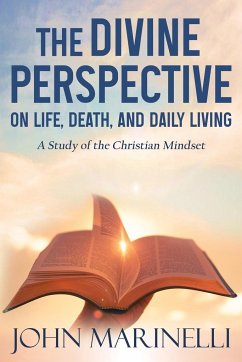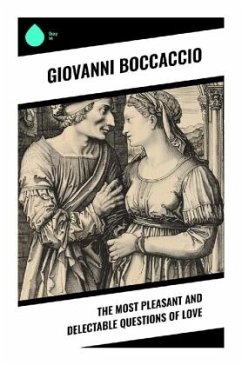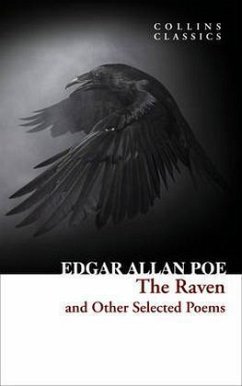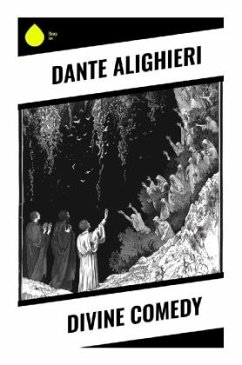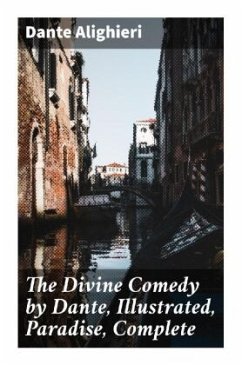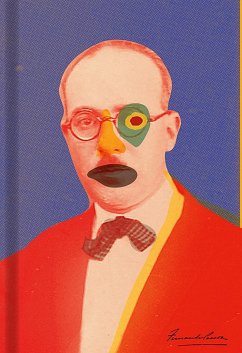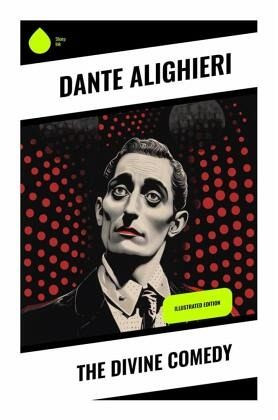
The Divine Comedy
Illustrated Edition
Übersetzung: Longfellow, H. W.
Versandkostenfrei!
Versandfertig in 6-10 Tagen
27,80 €
inkl. MwSt.

PAYBACK Punkte
0 °P sammeln!
Dante Alighieri's "The Divine Comedy" is a monumental literary work that transcends its 14th-century origins to explore the intricacies of the human soul's journey toward God. Comprising three distinct sections-Inferno, Purgatorio, and Paradiso-this epic poem employs a rich tapestry of allegory, vivid imagery, and intricate rhyme schemes. Dante's innovative use of the vernacular not only reflects the cultural milieu of medieval Italy but also serves to democratize literature, making profound theological concepts accessible to a broader audience. Each canticle offers a profound meditation on mo...
Dante Alighieri's "The Divine Comedy" is a monumental literary work that transcends its 14th-century origins to explore the intricacies of the human soul's journey toward God. Comprising three distinct sections-Inferno, Purgatorio, and Paradiso-this epic poem employs a rich tapestry of allegory, vivid imagery, and intricate rhyme schemes. Dante's innovative use of the vernacular not only reflects the cultural milieu of medieval Italy but also serves to democratize literature, making profound theological concepts accessible to a broader audience. Each canticle offers a profound meditation on morality, justice, and redemption, richly interwoven with historical and mythological references that enhance its thematic depth. Dante's personal experiences, including his exile from Florence and his profound theological convictions, deeply informed the creation of "The Divine Comedy." As a poet, politician, and philosopher, Dante's engagement with contemporary politics, his exploration of existential questions, and his desire to seek divine wisdom are evident throughout his work. His incorporation of real figures-historical, political, and literary-sharpens the social critique and enhances the emotional resonance of his narrative. This timeless masterpiece is essential reading for anyone interested in the interrelation of morality, faith, and the human experience. Whether approached as an exploration of divine love or an allegorical depiction of humanity's spiritual quest, Dante's vivid portrayals and philosophical inquiries offer valuable insights into the human condition, making "The Divine Comedy" a foundational text in Western literature.



